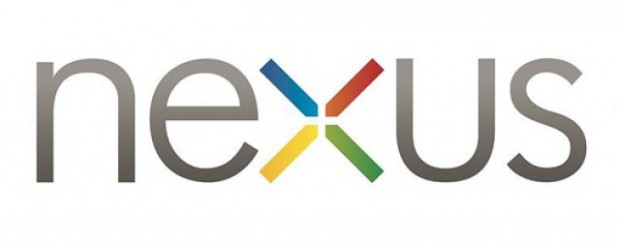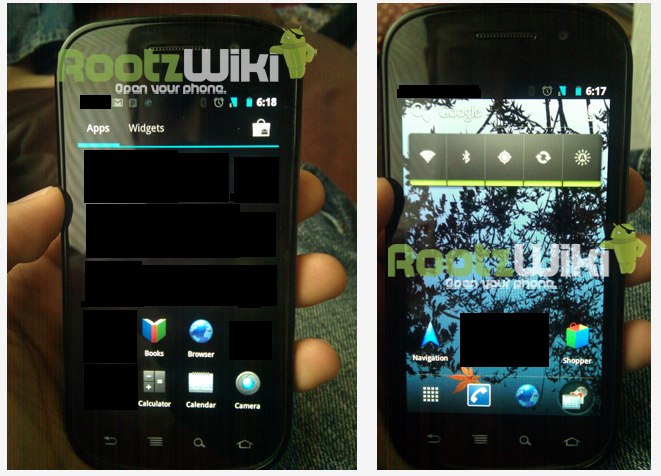One of the burning questions we all have after hearing this morning’s news of Google’s $12.5 billion bid for Motorola Mobility is: what does this mean for the next Nexus device?
Will Google leverage its acquisition to build Android phones that look and function exactly how Google wants them to, a move that would postion the company to compete more directly with Apple? Or will it continue to anoint one handset maker as the temporary “king” of Android devices through the same process it uses now?
According to statements made this morning by Android chief Andy Rubin, it will be the latter. Google doesn’t expect the acquisition to impact the Nexus program and lead device strategy, he said. “We select, around Christmas-time each year, a manufacturer to release a phone,” explained Rubin. “After the acquisition, Motorola will be a part of that bidding process and lead device process.”
Reading between the lines, it seems Rubin is saying that we shouldn’t expect to see a new Nexus-branded “Droid” any time soon, and especially not this winter when the new Nexus device is chosen.
That statement seems to jibe with the previous rumors regarding which manufacturer will build the new Nexus phone. Motorola hasn’t even been in the running this year, according to various reports. For example, Android-tracking blog AndroidandMe stated in July that the four manufacturers bidding to build the new Nexus device included Samsung, HTC, Sony Ericsson and LG. There was also a slight possibility of a “surprise” device featuring an Intel CPU.
It’s likely that some or all of the above are indeed being evaluated and considered by Google as the new “Nexus,” which will be the first phone to run Android 4.0, aka “Ice Cream Sandwich.”
Above: Leaked photos of Android 4.o (reportedly) on Samsung device, Source: Rootzwiki
Google Needs to be Careful in Selecting Nexus OEM
Nexus-branded smartphones are Google’s flagship devices for Android, meant to show off the newest version of the mobile operating system (OS), without any tampering from device manufacturers and operators. Even though the phones are free from manufacturers’ tinkering – tinkering which OEMs usually promote as a feature, not a drawback – winning the Nexus bid is seen as badge of honor. The Nexus phone is the Android developers’ preferred device, and that’s a market every OEM wants to claim.
In fact, HTC CEO Peter Chou likes to boast that his company has the largest group of Android developers outside of Google. Getting developers’ attention through a Nexus device means more potential interest in HTC’s own developer-focused initiatives, like its newly launched HTCDev.com and OpenSense SDK (a kit that lets developers skin their apps to look like they’re a part of HTC’s own user interface). Other manufacturers have similar interests, like Samsung’s push for more Android tablet apps for its Galaxy Tab devices, or Sony Ericsson’s interest in attracting game developers to build for its Xperia PLAY, for example.
Then there’s the fact that many consumers, too, have grown to love the Nexus phones, which not only offer the full Google experience, but are also first to get updates and new features as they become available. It’s the early adopters’ preferred device, as it enables them to stay on the cutting edge of mobile technology innovation. That’s also a niche any OEM would want.
Making all future Nexus devices Motorola phones could easily anger Google’s Android partners, who will already be nervous about what this acquisition means for them in terms of preferential treatment. Google will have to be careful to not overtly favor Motorola in the Nexus competition, or risk losing its partners to competitors like Microsoft’s Windows Phone, or even HP’s webOS.
However, that doesn’t discount the possibility of a Motorola-built Nexus phone (or tablet!) in the future, it just means that this is one area where Google knows it has to step lightly.

